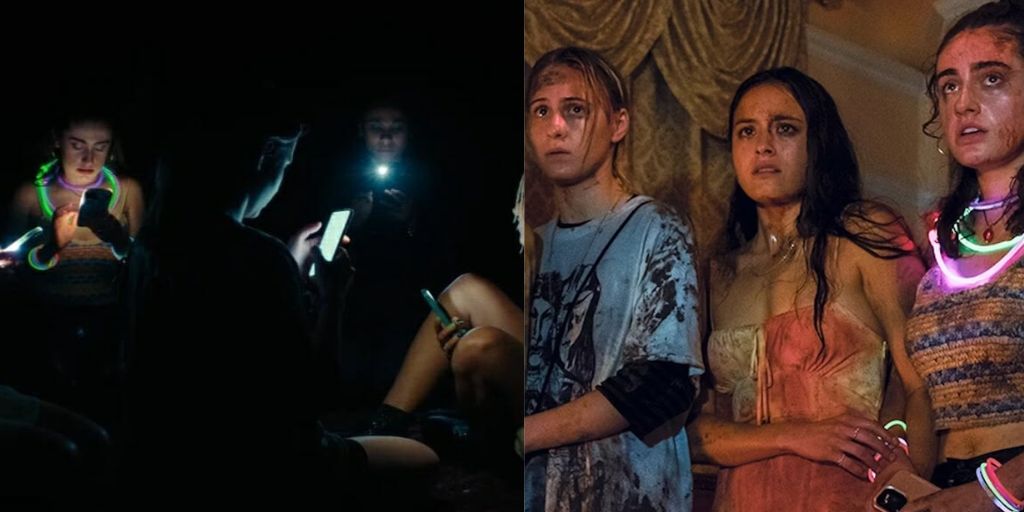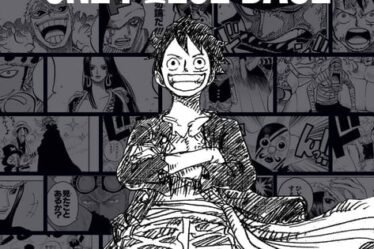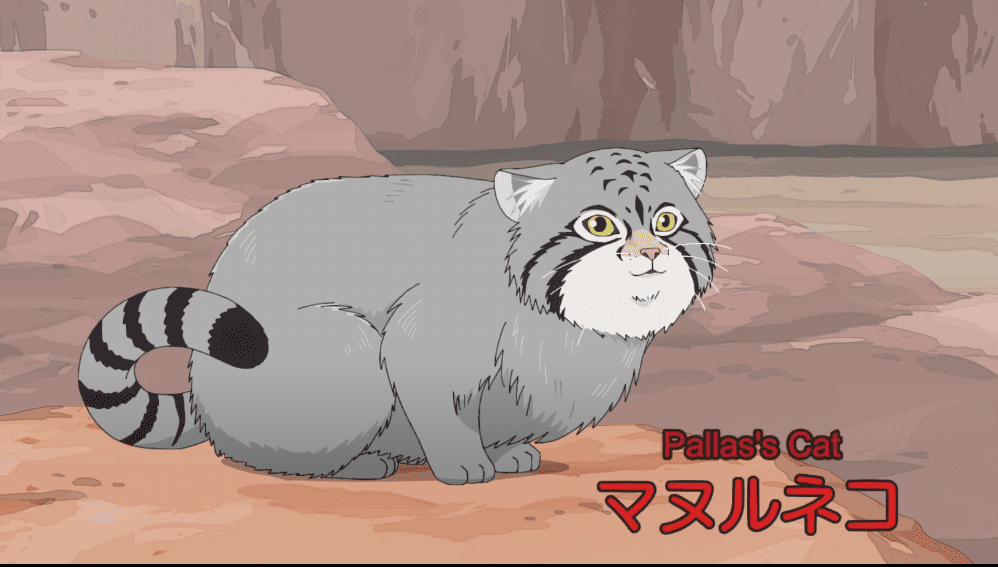
Actuality TV and flicks typically try to mirror actual life in ways in which the viewers can relate to. They discover totally different features of contemporary life, from social points to non-public struggles, and use totally different codecs to debate these subjects.
Netflix’s new present, The Influencer, stands out from different actuality TV reveals. Produced by Lee Jae-seok, the Korean present goals to seek out the most effective influencer amongst 77 on-line celebrities and content material creators.
Contestants face stunning and generally offensive challenges that check their means to draw and retain an viewers. This daring method offers viewers an sincere look into the world of influencers and the pressures they face.
The Influencer might look like a typical actuality TV present at first, with its concentrate on social media personalities. Nevertheless, it begins with a query that makes viewers assume: Why did you determine to look at this present? This query units the intense tone of the sequence and prepares viewers for the extreme content material.
The present begins with contestants assembly and ranking one another’s price primarily based on their variety of followers. They offer one another Likes and Dislikes, an idea acquainted from social media however unusual in actual life. This job reveals how totally different on-line reactions could be while you encounter them face-to-face.
Later, members should full difficult duties, corresponding to convincing followers to remain throughout reside streams or promoting themselves as merchandise. These duties are tough and infrequently irritating, highlighting the difficulties of gaining and protecting consideration on-line.


The Influencer portrays the cruel actuality of being an influencer. Many individuals don’t notice how tough it’s to take care of a web based following. Influencers typically need to form their public picture in a method that appeals to web customers, even when it doesn’t mirror who they are surely.
The present explores the emotional toll that on-line fame can take. Well-known TikToker sia_jiwoo opens up about coping with harsh criticism, whereas magnificence YouTuber Risabae struggles to maintain followers engaged. The present’s self-auction problem, which requires contestants to promote themselves to one another, highlights their deep frustration when nobody is .
Tarot, one other latest horror movie, makes an attempt to attach with Gen Z by way of tarot playing cards and astrology. Directed by Anna Halberg and Spenser Cohen, Tarot lacks the depth present in Our bodies, Our bodies, Our bodies. Whereas it makes use of astrology to attempt to perceive Gen Z, it lacks the social and existential features that make Our bodies, Our bodies, Our bodies insightful and humorous.
Halberg and Cohen, who wrote Tarot throughout COVID, had been impressed by how folks had been turning to astrology for solutions. They needed to discover destiny versus free will, however ended up with a movie that doesn’t fairly seize the essence of Gen Z.
Our bodies, Our bodies, Our bodies makes use of a recreation much like Amongst Us, which grew to become well-liked throughout the lockdowns. Within the movie, a bunch of pals play a model of the sport to be able to unmask a killer amongst them. This setup, together with the satirical take a look at Gen Z, makes the movie a intelligent reflection on the era.
Tarot follows pals who break a tarot rule and face lethal penalties associated to their readings. The characters really feel extra like stereotypes than true representations of Gen Z. Our bodies, Our bodies, Our bodies, alternatively, creates characters which are typical of Gen Z, utilizing humor and satire to touch upon the traits and struggles of the era.
Our bodies, Our bodies, Our bodies captures the spirit of 2020 and the way the lockdown affected Gen Z. The movie makes use of its setting and themes to color a nuanced image of the era’s experiences.
In distinction, Tarot appears much less linked to Gen Z, utilizing astrology as a gimmick moderately than a significant exploration. Whereas Our bodies, Our bodies, Our bodies thoughtfully addresses Gen Z’s repute, Tarot stays superficial, counting on its astrological theme with out offering any in-depth commentary.
Our bodies, Our bodies, Our bodies stands out for its insightful and fascinating portrait of Technology Z, whereas Tarot, regardless of its intriguing premise, falls brief.



